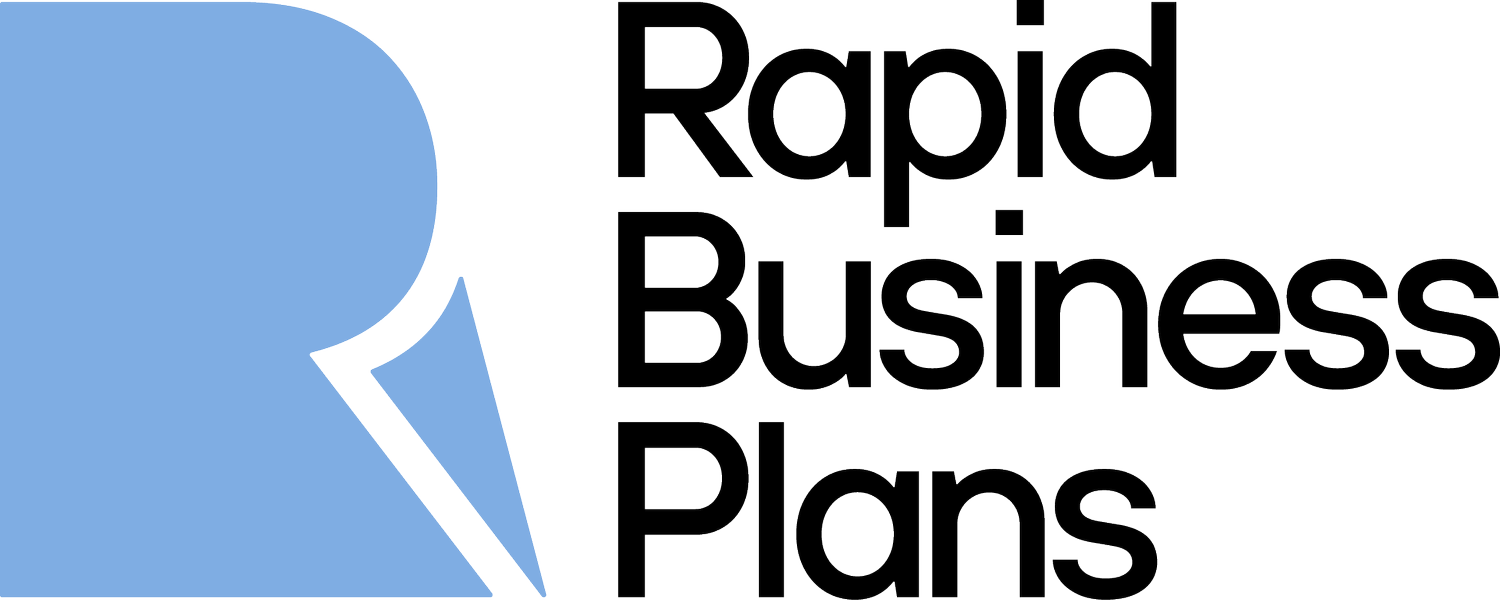What the USAID Contracting Shakeup Means for SBA-Backed Businesses
/In a major shift that’s rippling across the federal contracting landscape, the SBA has revoked the United States Agency for International Development’s (USAID) authority to independently issue or manage contracts with small businesses.
The move comes amid a sweeping fraud investigation and raises important questions, not just for international aid, but for the broader 8(a) small business ecosystem.
Here’s what you need to know, and why it matters.
A Wake-Up Call on Oversight
The SBA’s decision to pull the plug on USAID’s contracting authority wasn’t made in a vacuum. It followed the Department of Justice’s uncovering of a long-running bribery scheme involving USAID officials and private companies, one that funneled more than half a billion dollars through fraudulent contracts over a decade.
In response, SBA Administrator Kelly Loeffler called for a full-scale audit of the 8(a) program, reviewing all contracts over the past 15 years for signs of corruption.
The message is clear: SBA is tightening the reins. And moving forward, stricter enforcement and transparency will likely be non-negotiable across all agencies and partners.
Why It Matters to Small Business Contractors
If you’re operating in or adjacent to the 8(a) program, this is more than just an isolated agency issue. This signals a much larger tone shift from the SBA—one that could lead to:
Tighter scrutiny of 8(a) contracts and application processes
Increased compliance demands for brokers and businesses seeking to leverage SBA programs
More centralized control over which agencies can issue contracts independently
The SBA appears intent on reinforcing trust and credibility in its programs, especially given the scale of funding involved. In 2024 alone, USAID distributed $3.6 billion through 8(a) contracts. With that now under direct SBA oversight, expect new gatekeeping standards, and fewer shortcuts.
Clarity Over Chaos
There’s a larger theme here that goes beyond a single agency. In a business climate shaped by shifting rules, changing administrations, and tighter compliance, small business owners need more than access. They need clarity.
Deals don’t stall because people aren’t willing to move forward. They stall because no one’s sure how. When that uncertainty hits the core of government-backed programs—whether it’s lending, contracts, or certifications, it leaves small businesses stuck waiting for guidance that may not come.
What to Watch For
The SBA’s actions here are part of a broader trend: a desire to clean up legacy inefficiencies, improve transparency, and reinforce confidence in programs like 7(a), 504, and 8(a). Whether you're a broker, a borrower, or a consultant helping businesses get SBA-ready, now is the time to:
Revisit your compliance frameworks
Stay updated on changes to SBA guidelines and agency-specific rules
Help clients or partners position their businesses for increased scrutiny—and higher opportunity
Navigating the Uncertainty
You don’t have to predict every shift. But you do need a plan that’s flexible, lender-ready, and resilient in an environment that’s being rewritten in real time. That’s where strong prep and strong partnerships come in.
If you’re helping businesses prepare for federal funding, now’s the time to raise your standards, because SBA just raised theirs.




